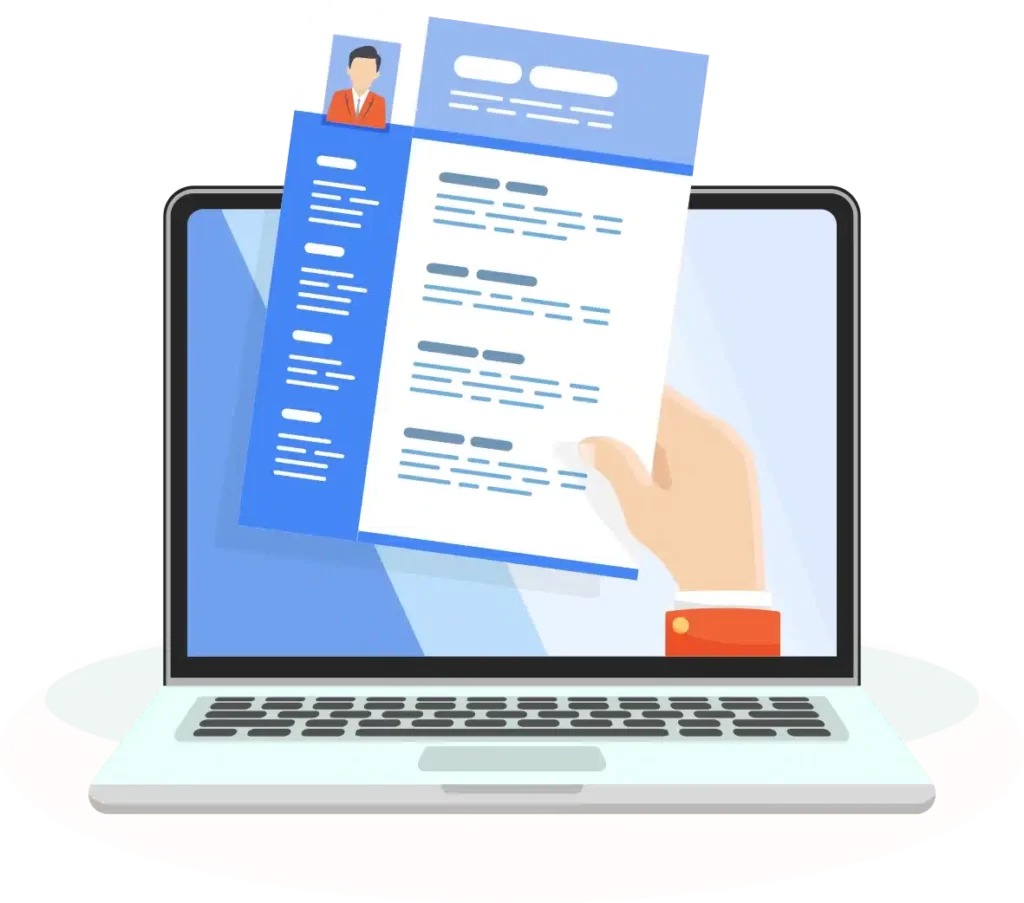What is the VAT Rate in the Netherlands?
Value Added Tax (VAT) is a significant source of revenue for many countries, including the Netherlands. This article delves into the VAT system in the Netherlands, discussing its rates, types, applications, and what businesses and consumers need to know when navigating this tax.
Understanding VAT
What is VAT?
Value Added Tax (VAT) is a consumption tax placed on goods and services at each stage of production or distribution. It is ultimately paid by the end consumer, but businesses are responsible for collecting and remitting the tax to the government. This method of taxation ensures that everyone along the supply chain contributes to the tax burden.
Why is VAT significant in the Netherlands?
The Netherlands employs VAT as a means to fund public services and government programs. The revenue generated from VAT is crucial for the country's economy, supporting infrastructure, healthcare, education, and other public services. Understanding the VAT system is essential for both residents and businesses operating in the Netherlands.
The VAT Rates in the Netherlands
Standard VAT Rate
As of October 2023, the standard VAT rate in the Netherlands is 21%. This rate applies to the majority of goods and services sold in the country. It is vital for businesses to be aware of this rate to correctly charge their customers and remit the correct amounts to the tax authorities.
Reduced VAT Rate
The Netherlands also has a reduced VAT rate of 9%, which applies to certain categories of goods and services. This lower rate is aimed at making essential goods and services more affordable for consumers. The reduced rate typically covers:
- Food and non-alcoholic beverages
- Medicines and medical supplies
- Books, newspapers, and magazines
- Certain agricultural products
This reduced rate reflects the Dutch government's strategy to support citizens in accessing basic needs without the added burden of a higher tax rate.
Zero VAT Rate
Some goods and services in the Netherlands are subject to a zero VAT rate (0%). This means that although VAT is charged at zero percent, businesses can still deduct any VAT paid on related purchases. Some items that fall under this category include:
- Exports outside the EU
- International passenger transport
- Certain financial services
This zero rate is particularly important for businesses engaged in international trade, as it enables them to remain competitive while managing their VAT obligations.
Special VAT Rules and Exceptions
VAT Exemptions
While many goods and services are subject to VAT, some are completely exempt from VAT. This includes services such as:
- Most medical and healthcare services
- Education and training services
- Cultural services provided by non-profit organizations
These exemptions are designed to promote social welfare and reduce the cost of essential services for consumers.
Intra-Community Supply
In cases where businesses supply goods to VAT-registered customers in other EU member states, they can apply the Intra-Community supply exemption. This allows businesses to sell goods without charging VAT, provided that specific conditions are met. The buying business in another EU country will then account for VAT using the reverse charge mechanism, where they declare and pay VAT in their own country.
Business Compliance and Recommendations
Registration for VAT
Any business operating in the Netherlands that exceeds a specific threshold of yearly turnover is required to register for VAT. The registration process involves applying to the Dutch tax authorities (Belastingdienst) and obtaining a VAT number. Failure to register can result in significant penalties and legal issues, making compliance a priority for businesses.
Filing VAT Returns
Businesses must file VAT returns periodically, usually quarterly or annually, depending on their size and registration. The VAT return details the amount of VAT collected from customers and the VAT the business has paid on its purchases. It is crucial for businesses to maintain accurate records to ensure precise reporting and avoid penalties.
Recommendations for Managing VAT
-
Understand the VAT System: Familiarize yourself with the different VAT rates and exemptions applicable to your goods and services.
-
Maintain Accurate Records: Keep detailed records of sales, purchases, and VAT paid to simplify the filing process.
-
Consult Tax Professionals: Engage a tax advisor familiar with Dutch VAT laws to ensure compliance and optimize your VAT position.
-
Stay Updated: Regularly check for updates on VAT rates and regulations as they may change based on government policy.
Conclusion
Understanding the VAT system in the Netherlands is essential for residents and businesses alike. The standard rate of 21%, the reduced rate of 9%, and the zero VAT rate for specific goods and services create a nuanced landscape that requires careful navigation. By ensuring compliance with VAT registration and reporting, businesses can avoid penalties and contribute effectively to the Dutch economy.
If you are considering a career move or looking to enter the job market in the Netherlands, make sure to also polish your CV. We offer a highly effective CV template based on the Harvard model, which includes tips and recommendations on how to craft an impactful CV. You can download it here.





